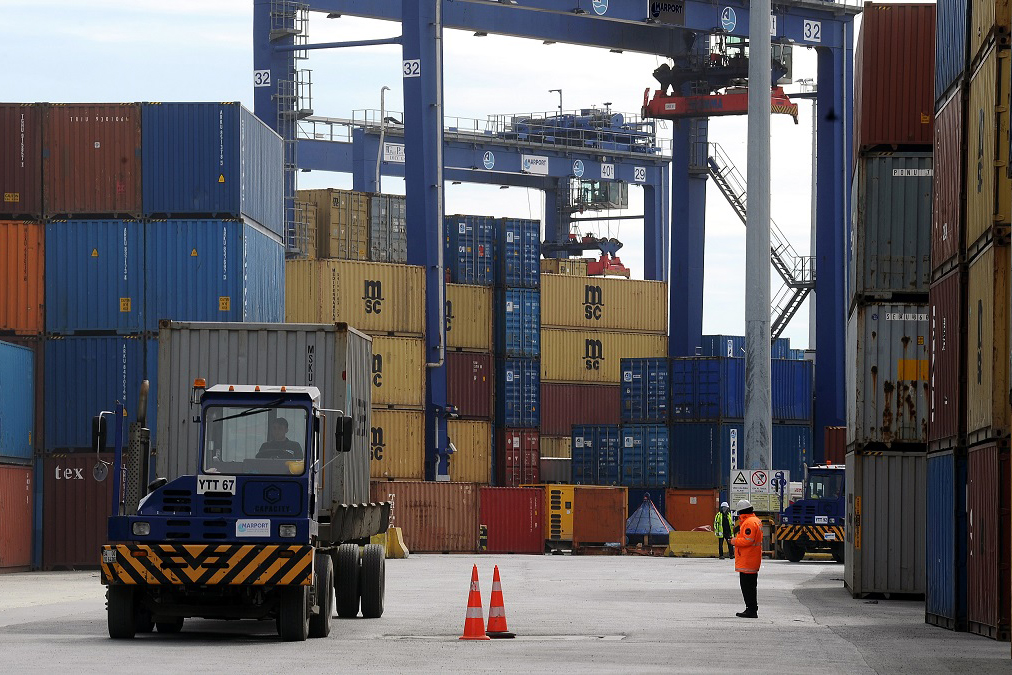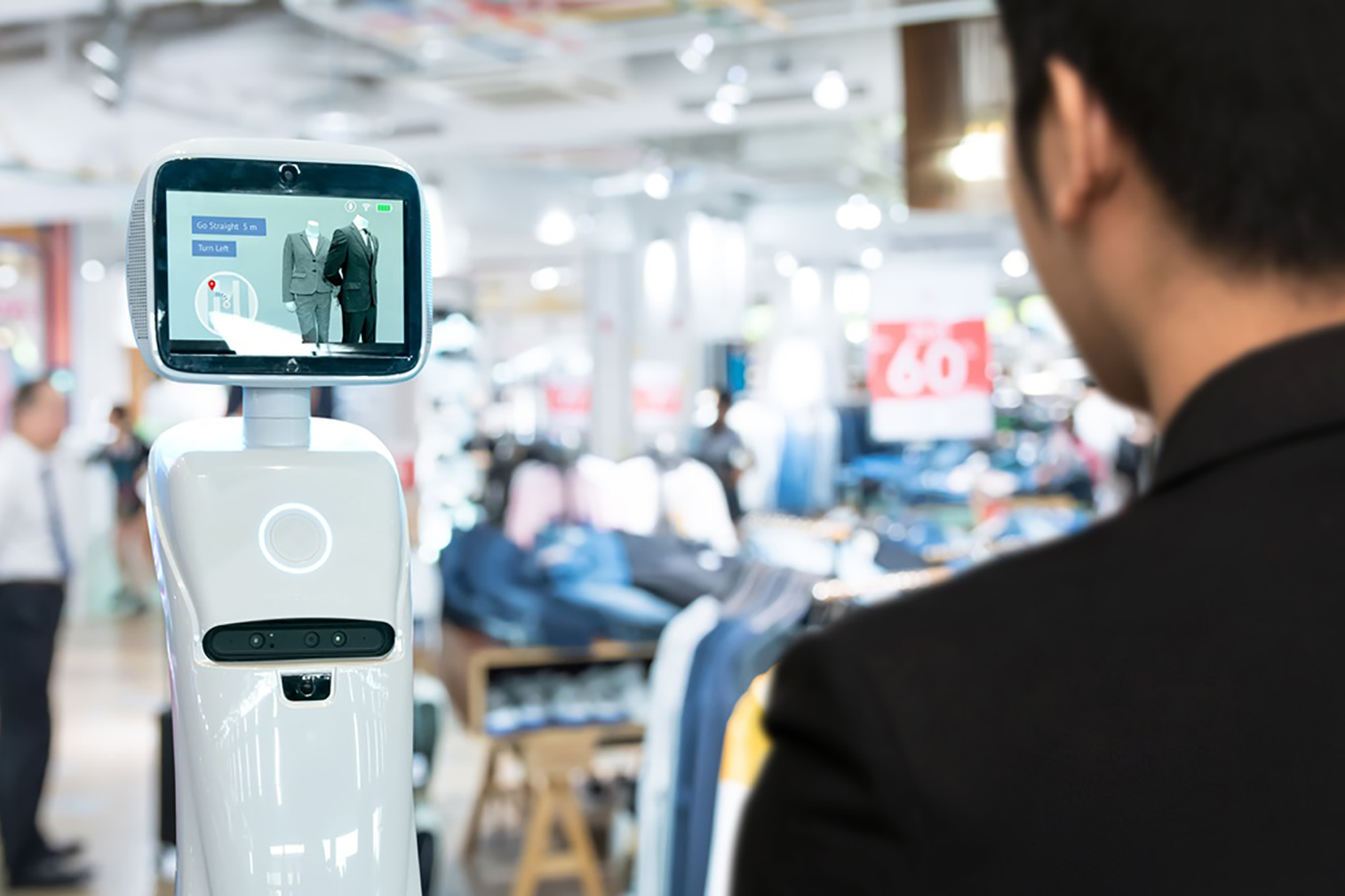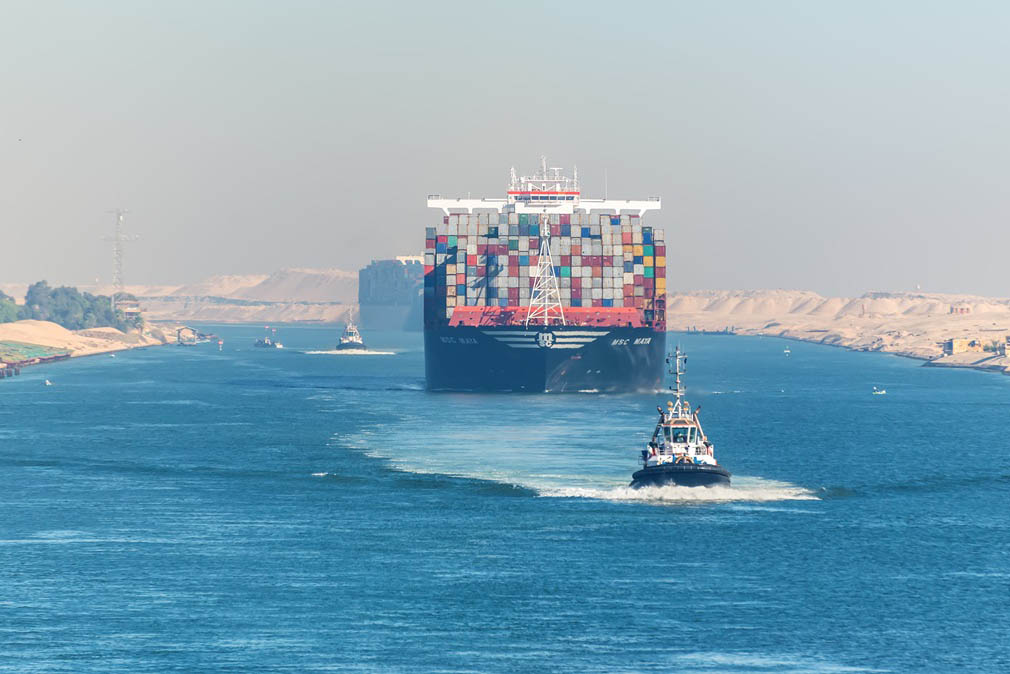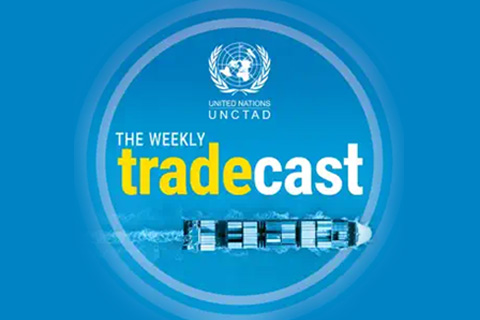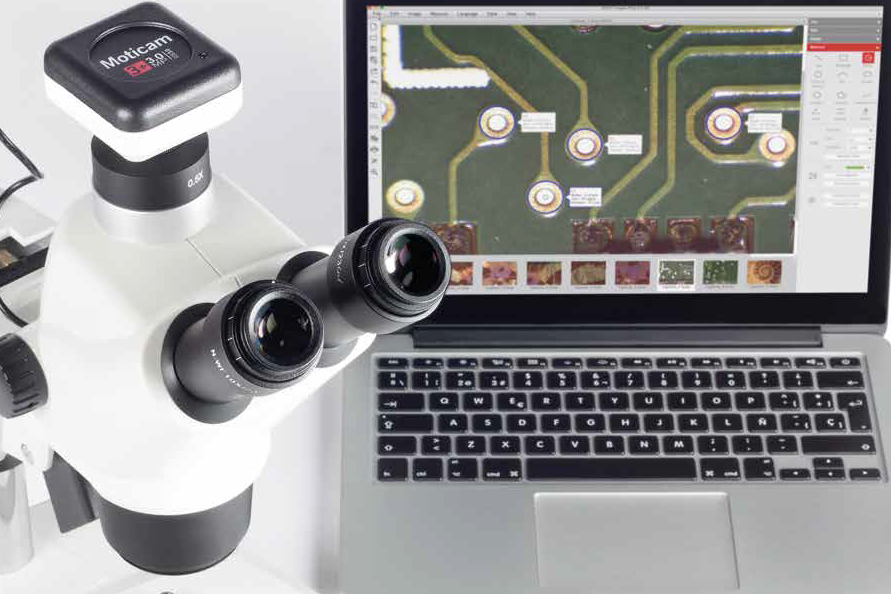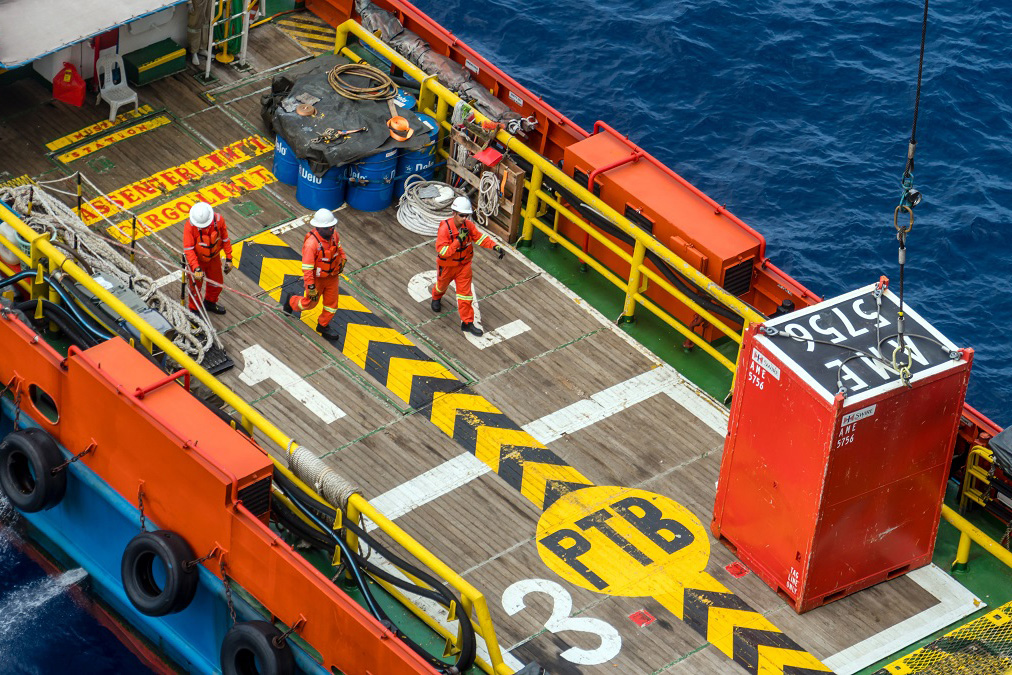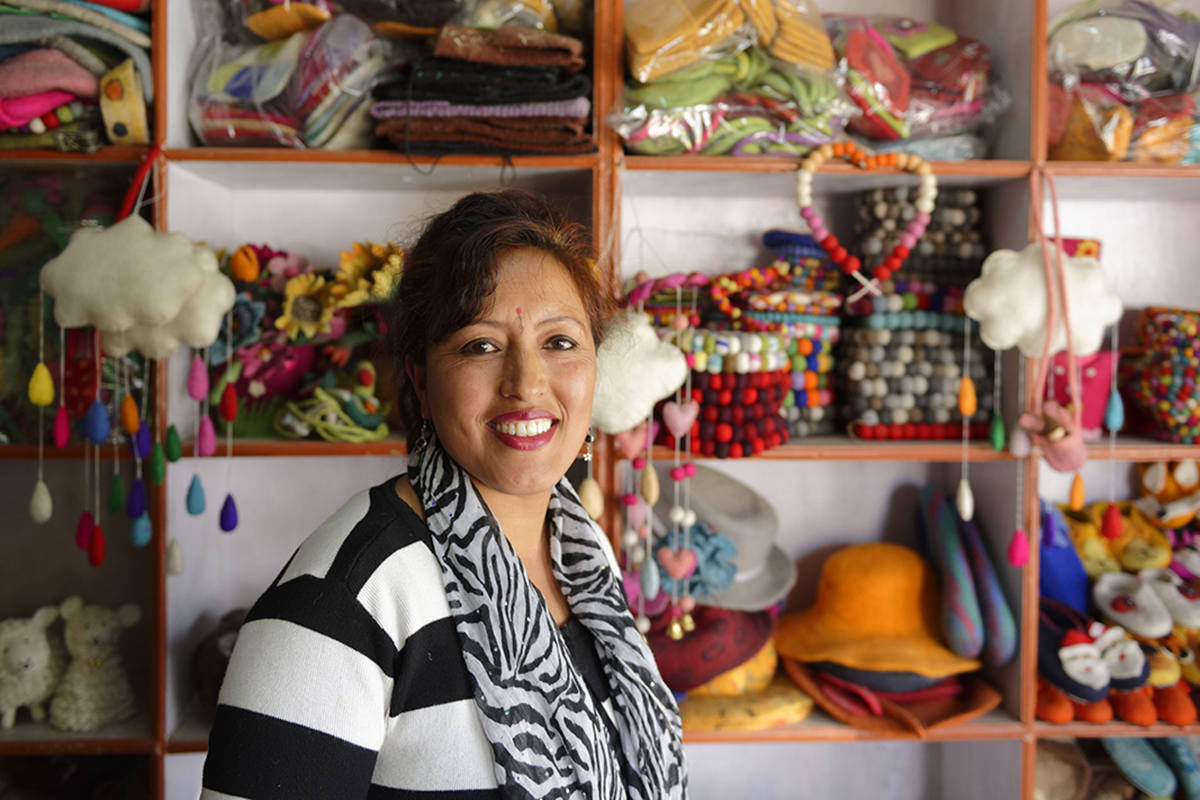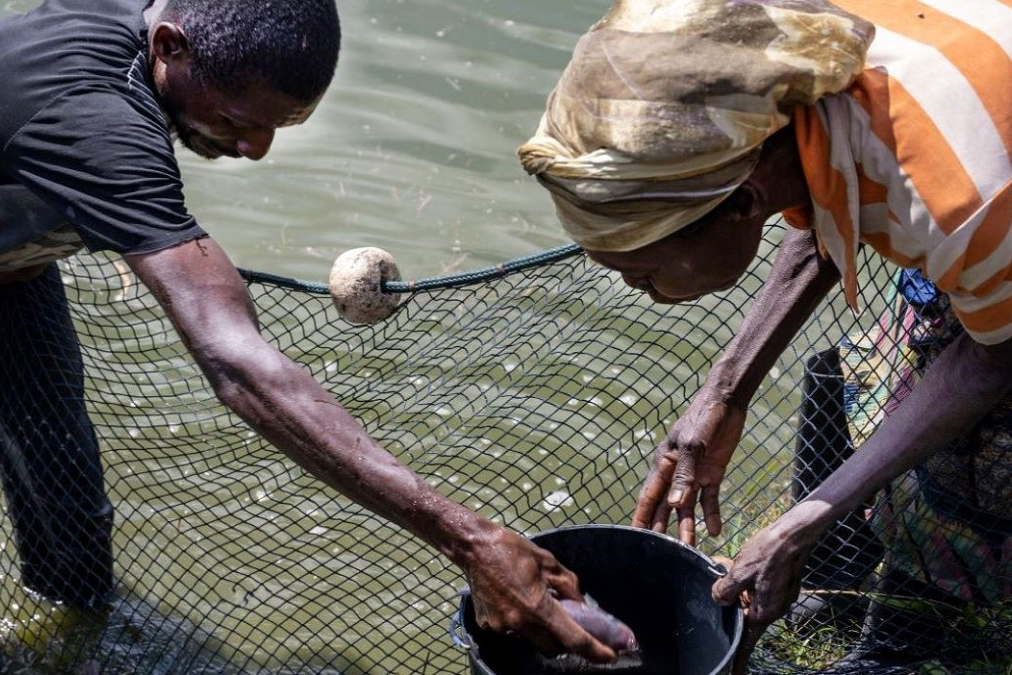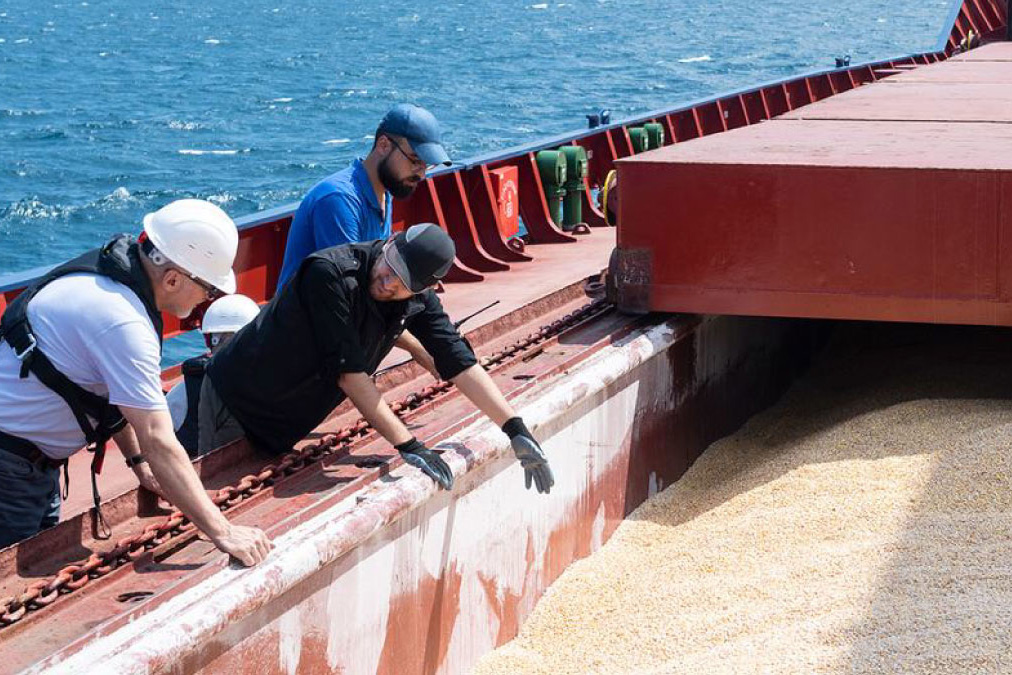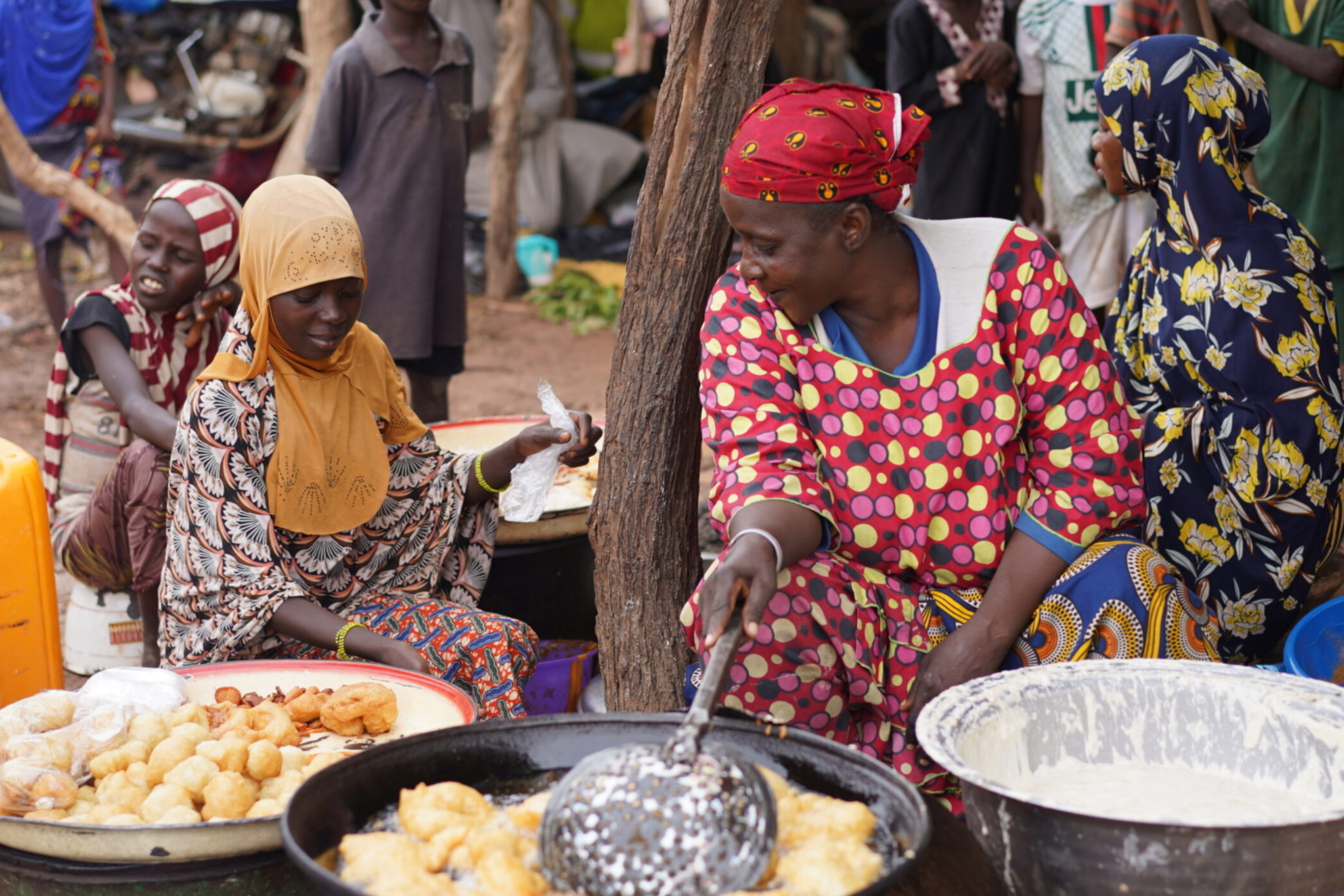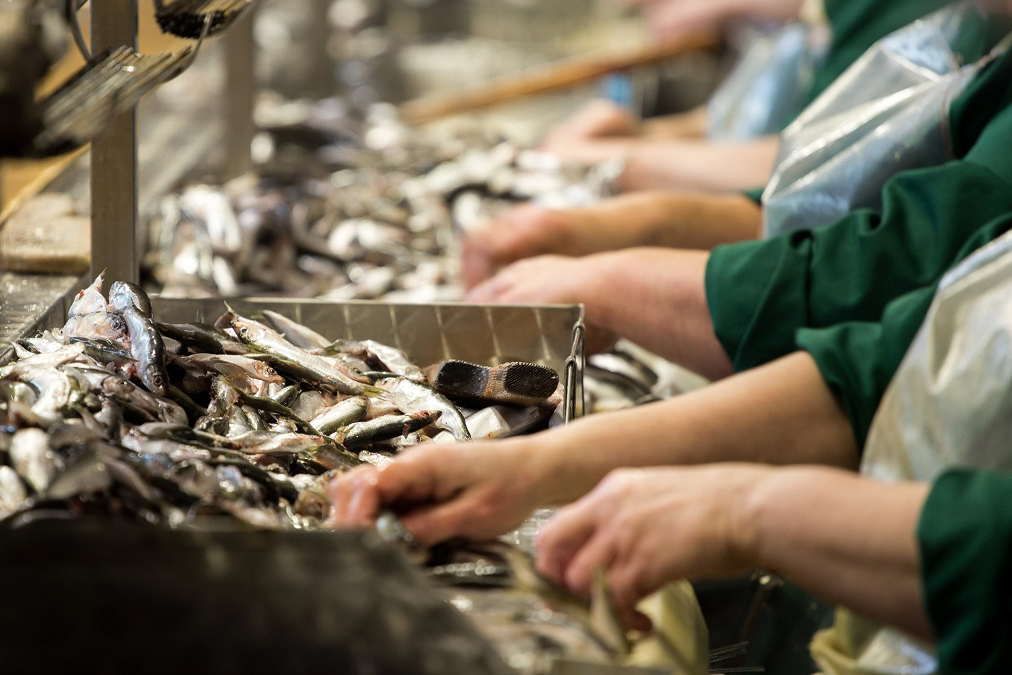Celebrations of the 60th anniversary of UN Trade and Development (UNCTAD) culminate in the Global Leaders Forum from 12 to 14 June. The event unites world leaders to catalyze new development thinking and actions needed to advance prosperity for all in an increasingly diverse and challenging global economy. For six decades, UN Trade and Development has stood as a staunch advocate for developing countries, providing crucial support through cutting-edge research and analysis, technical cooperation, and consensus-building.
Trade and Commerce
UNCTAD's Global Trade Update emphasizes the resilience of international trade amid challenges, projecting growth opportunities and a rebound in 2024, especially in sectors like transportation equipment and electric vehicles.
The United Nations Conference on Trade and Development (UNCTAD) is calling for more awareness raising and regulatory frameworks to ensure AI benefits everyone. While AI holds promise for personalizing products and services and optimizing customer support, there are concerns over fair, responsible and ethical use of AI. Currently, global tech giants control most of the data flows and revenues from digital services, posing a threat to fair competition and aggravating existing technology divides. Public policies need to guide innovation and the design of AI to mitigate human biases and ensure that AI-powered goods and services reach vulnerable populations.
UNCTAD has raised profound concerns over escalating disruptions to global trade, citing recent attacks on ships in the Red Sea, geopolitical tensions impacting shipping in the Black Sea, and the effects of climate change on the Panama Canal.
International shipping transports more than 80% of global trade goods to people and communities all over the world. It is the most efficient and cost-effective method of transporting goods, facilitating commerce and helping to create prosperity among nations and peoples. World Maritime Day's theme for this year, MARPOL at 50 — Our commitment goes on, spotlights the International Convention for the Prevention of Pollution from Ships (MARPOL), which covers the prevention of pollution of the marine environment by ships from operational or accidental causes.
This episode of the Weekly Tradecast looks at the illegal wildlife trade with David Vivas, a United Nations Conference on Trade and Development (UNCTAD) legal officer working on trade and environmental issues.
Every year, huge numbers of animals and plants are bought and sold illicitly as food, medicine, clothing, furniture and even musical instruments.
Wildlife is big business. The illegal trade is estimated to be worth at least $7 billion but it could be much larger.
Trafficking is driving some species – especially rhinos, elephants, tigers, lions and pangolins – towards extinction. Many others are at risk.
Image credit: UNCTAD
Nowadays, everybody should be IP aware regardless of gender, in support of WIPO’s theme “Women and IP: Accelerating Innovation and Creativity” Inglot cosmetics highlights.
In Cuba, the packaging industry is probably the weakest point in the country’s food-processing sector - UNIDO works to strengthen and modernize this vital part of the country’s agro-industry.
As natural vehicles of collaborative partnership and prosperity for all, cooperatives contribute to economic, social, and environmental sustainability across regions and economic sectors. It is inherent among them to safeguard community relations, enhance local resources, advocate social responsibility, and adopt sustainable and long-term business practices. On 1 July, the cooperative movement celebrates the International Day of Cooperatives to show how the cooperative way of working, inspired by the cooperative values and principles, has the accomplishment of the SDGs as part of its DNA.
Following two consecutive quarters of decline, global trade in goods and services rebounded between January and March 2023. But prospects for the rest of the year are bleak, according to UNCTAD.
Micro-, small and medium-sized enterprises (MSMEs) account for 90% of businesses, 60 to 70% of employment and 50% of GDP worldwide. Recent simultaneous shocks and crises have disturbed the working environment for entrepreneurs and MSMEs. This instability renders MSMEs especially vulnerable to inflation and supply chain disruptions - among the most vulnerable, women- and youth-owned enterprises. On this MSMEs Day, the United Nations advocates for policies that strengthen entrepreneurship for women and youth and support resilient supply chains to ensure workers and the environment benefit.
Angola boasts a vast coastline, ample labour in the fisheries sector and good trading relations with major fish importers in Europe and Asia. With the fish traded globally expected to rise from 187 million tons in 2018 to 250 million tons by 2030, Angola stands to benefit from this opportunity. Angola can create more jobs, trade opportunities, boost food security, improve livelihoods and reduce poverty by tapping more into the blue economy – the sustainable use of ocean resources for economic growth. UNCTAD is supporting Angola to build a sustainable, resilient and inclusive blue economy.
The extension of the Initiative is confirmed for another 60 days. The Initiative along with an UNCTAD managed agreement has moved food products and fertilizers helping to bring down food prices.
To improve road safety and increase access to markets, UNOPS provided project management and technical assistance for the rehabilitation of more than 300 kilometres of roads in Niger.


